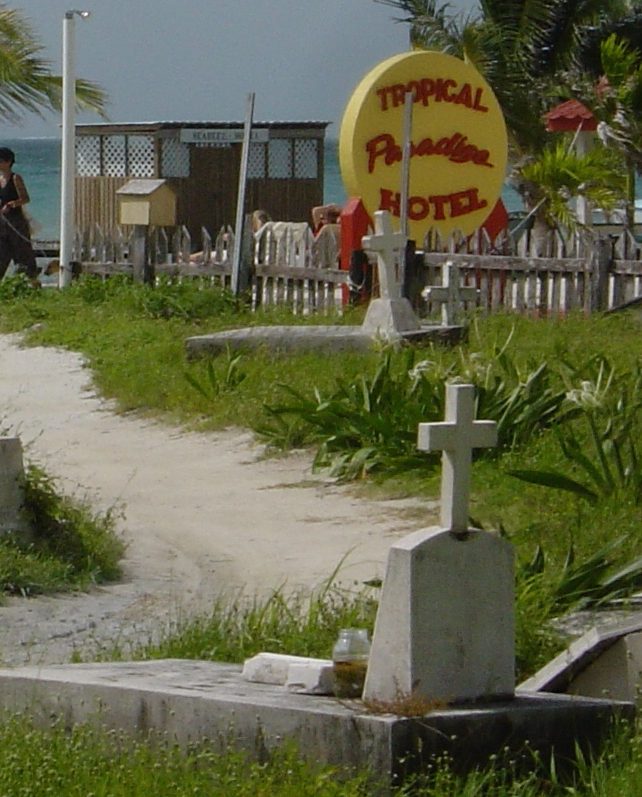
It is important to have meaningful conversations about death and dying.
People who want to die well must be willing to confront their finitude. We do not have to accept death, invite it, or wish for it. But we must be prepared to say, “Yes, I am human and therefore mortal. One day I will die.” We cannot both cling to the indefinite extension of life and effectively prepare for death.
.. our society today leaves little room for the contemplation of human finitude. To stave off thoughts of mortality, we like to keep everything around us looking new. We design our clothes to be fashionable for a year or two. Our technology is governed by the theory of planned obsolescence. Our built environment comes with the expectation that certain buildings be demolished and rebuilt every specified number of years. And more than ever, scientists and beauty experts alike are striving to find that elixir for infinite youth. Apart from our life-insurance policies, little reminds us of our mortality.1Dugdale, L.S.. The Lost Art of Dying .
As recognized in earlier posts, meaningful conversations about death and dying are difficult and rarely occur. Essential in keeping us aware of our mortality, it is important to initiate and welcome them.
Awareness of our mortality is essential to die well, ” … ars moriendi hit the mark with its assertion that in order to die well, you must take mortality into account, even when death seems a long way off.”2 Dugdale, L.S.The Lost Art of Dying
For most people death is thought to be “a long way off”; which is not unreasonable considering the likelihood we will “go quickly” is low and most elderly will die a slow death,
“One study found that most elderly are diagnosed as having a disease three years before it will eventually end their lives. On top of that a Rand study found that “Americans will I usually spend two or more of their final Years disabled enough to need someone else to help with routine activities of daily living because of chronic illness” 3The Art of Dying Rob Moll
Expected life spans give people confidence that they will enjoy many years after retirement, which, for many, is coming much earlier than sixty-five. Good news , but it reinforces illusions of immortality and defers meaningful conversations we need to die well.
In the ancient world, victorious Roman generals paraded triumphantly through the streets before adoring crowds. Accounts of these “triumphs” vary, but typically the general was accompanied in his chariot by a servant whose one task was to whisper repeatedly in the general’s ear, Hominem te memento! or, “Remember that you are but human!” The servant’s role was to ensure that the general did not start thinking of himself as godlike, as immortal.4 Dugdale, L.S. The Lost Art of Dying
It might not be a bad idea to have someone around who whisper in our ear “you are going to die”. Maybe a Death Pastor? 🙂 Just thinking.
On a more practical basis, we can be reminded of our mortality with memento mori (remember you must die). Popular in medieval Europe various types of memento mori — were highly popular, they may have been too popular. They were so commonplace that many people stopped paying any attention to them. Perhaps employing some comtemporary momento mori would counter our avoidance of death and stimulate meaningful conversation. As one example, I have included our local cemetery in my daily walk route. Some tattoos are memento mori. Prominently displayed cremation urns are helpful reminders. There are a lot of creative ideas which can remind us “remember you must die”.
It is important to have meaningful conversations before there is an immanent death crisis. In those circumstances, the likelihood of a dying well experience is remote for both the dying and their loved ones.
I believe Timothy Keller’s recent death exemplified what it means to die well. His final words were: “There is no downside for me leaving, not in the slightest.”
More to come.
STILL ON THE JOURNEY
- 1Dugdale, L.S.. The Lost Art of Dying .
- 2Dugdale, L.S.The Lost Art of Dying
- 3The Art of Dying Rob Moll
- 4Dugdale, L.S. The Lost Art of Dying